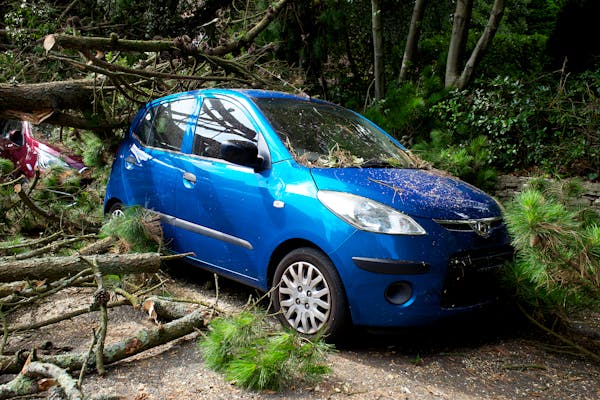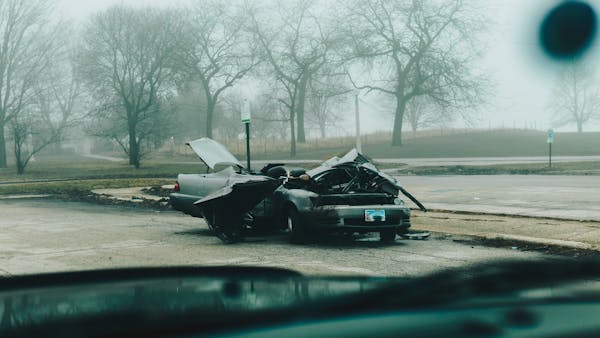Car insurance helps pay for costs related to accidents, injuries and other losses. It also provides additional coverages like uninsured motorist coverage and medical payment coverage.
Most states require drivers to carry minimum levels of bodily injury and property damage liability coverage. In addition, many lenders require collision and comprehensive coverage for vehicles they finance or lease. Find out more at Cost-Effective Outsourcing Insurance Solutions.
Basic Coverage
Car insurance is more than a legal requirement or a line item in your budget. It offers financial protection if you are found to be liable for property or medical damages from an accident that you cause. The type of vehicle you drive, your driving history and your budget determine the coverages and deductibles you choose.

The basic coverages offered by most car insurance policies include bodily injury liability and property damage liability. These coverages reimburse others for damage caused by you or your passengers while you are driving. In addition to the mandatory minimum limits required by most states, many drivers also purchase personal injury protection (PIP) or uninsured motorists coverage. Some insurers offer a variety of supplemental coverages like roadside assistance, rental car reimbursement and credit card protection. They may also offer discounts based on your driving habits through telematics programs, defensive driving courses or other safety measures. You may also be able to reduce your premium by agreeing to a higher deductible amount, which cuts the total cost of your policy.
Collision Coverage
The collision portion of car insurance pays to repair your vehicle after it collides with another vehicle or object, regardless of fault. It also covers your vehicle in the event it rolls over. This type of coverage is typically a requirement if you’re leasing or financing your vehicle. It differs from comprehensive, which covers non-collision damage like theft, vandalism and natural disasters (like a spooked deer or a hailstorm).
Unless you drive a very old car in an area with low risks of damage, you’ll probably want both collision and comprehensive coverage. It’s also a good idea to consider accidental death and dismemberment coverage, which pays out a sum of money if you or your passengers are injured or killed in an accident. Some insurers offer this as an add-on to their car insurance policies. Others sell it separately. Some people drop collision and comprehensive once their car loan is paid off, but others decide to keep it for the added peace of mind.
Comprehensive Coverage
Often called “other than collision” coverage, comprehensive insurance covers incidents such as theft, vandalism, glass damage and hitting an animal. It is typically purchased as part of a complete car insurance policy.
The best comprehensive auto insurance policy for you may depend on the value of your vehicle, your location and your deductible amount. It is also important to understand the policy limits and discounts you may qualify for.
A complete car insurance policy typically includes both collision and comprehensive coverage as well as minimum liability coverage that most states and lenders require. Some insurers offer additional optional coverage such as towing and labor, rental car reimbursement and roadside assistance.

It is also important to select an insurer that is known for its customer service and claims handling abilities. Ask friends and family for recommendations or search online reviews before making a decision. The quality of these services can have a significant impact on your experience with filing a claim and receiving compensation for your losses.
Liability Coverage
Car insurance offers liability coverage to cover the cost of injuring or damaging other people’s property. It’s a legal requirement in most states and also helps pay for medical expenses from accidents you cause. However, it doesn’t cover damage to your own vehicle or injuries that you sustain. That’s why many drivers choose to add collision and comprehensive coverage.
Collision and comprehensive are optional but help you to cover the costs of repairing or replacing your vehicle following an accident that’s not your fault. Other additional coverages include towing and labor, rental reimbursement and roadside assistance.
Personal injury protection (PIP) or No-Fault coverage pays for your medical expenses and those of your passengers no matter who caused the accident. It can also cover lost wages and other replacement services that aren’t covered by your standard health or worker’s compensation insurance. It’s recommended that you consider higher limits than the minimum required in your state. This may be a good time to review your policy and ensure that your coverage needs are up-to-date.